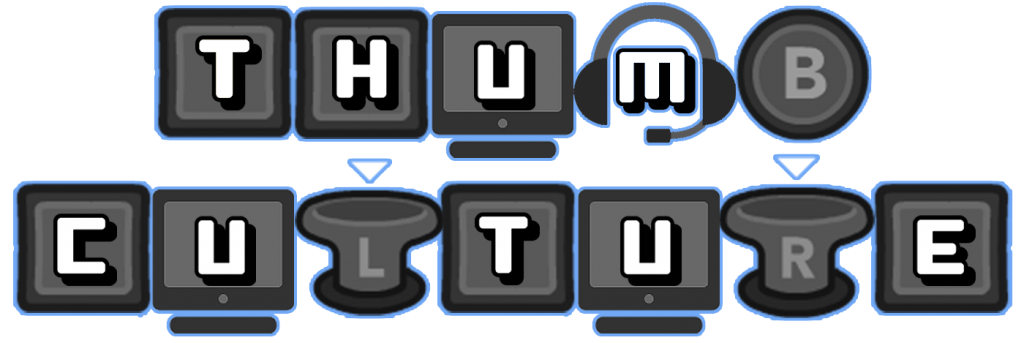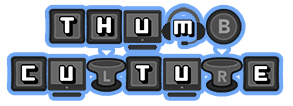
As an avid enjoyer of choice-heavy, consequences-matter games, I was sad to see the death of the original Telltale Games in 2018. While the studio kind of reformed in 2019, they’re yet to release a new game. Some of the staff who left Telltale in 2016/17 came together in 2018 to created AdHoc Studio. They wanted their own studio where they could take the narrative genre beyond what Telltale was doing and where risks could be taken that would otherwise be avoided at a large company.
Finally, in 2025, AdHoc are nearing the release of their first game. Dispatch is a superhero, work-place comedy with a stellar voice cast and an authentic, comic-book visual style.
Z-uper Heroes — From Z to A?
Robert Robertson, also known as MechaMan, has broken his mechanical suit in a battle with his nemesis. Under some kind of deal for it to rebuilt, he is starting work at the Superhero Dispatch Network (SDN). His responsibility at SDN will be to take calls from the public and dispatch superheroes to tackle crimes and issues.
The demo for Dispatch places players a short way into the story, skipping over the inciting incident and getting straight to Robert’s first day at SDN.

Gameplay
Unsurprisingly, as a primarily narrative game built by Telltale alumni, there’s a lot of dialogue and exposition to begin with. We meet a lot of the main cast of the game, starting with Robert, Blonde Blazer, Royd, and Chase. As the events play out, we get to make a couple of dialogue choices, which are timed on a short countdown. Let me tell you, after making a choice and seeing ‘Royd will remember that’ pop up in the corner, I had a huge smile on my face.
Robert is introduced to the team he will be in charge of managing. The team essentially consists of ex-Supervillains who are on a reform program. Unless there’s some improvement from them soon, the program is in danger of being terminated. It will be up to Robert to get the best out of these misfits to help save themselves as well as the public. With the premise sufficiently setup, we get to begin the dispatching part of Dispatch.
Send ’em
This is where the management sim part of the game comes in. As calls come in for help from the public, Robert needs to choose a hero, or heroes, from his team to attend. Heroes are rated in 5 categories, and these stats will determine how well they are at certain tasks. For example, if there are negotiations to be done, a hero with high charisma will be a good fit. The other stats essentially equate to intelligence, strength, defence, and agility.

When heroes are responding to a call, they are obviously unable to tackle a second emergency simultaneously, and will need a break for a short time afterwards. This is where your decision-making skills will be challenged. Even in the short demo, I found myself having sent a hero perfect for an incoming call to a different call seconds earlier. As you have a limited amount of time to confirm who to send, you need to be snappy and roll with the punches.
This is a fun gameplay loop already. Although I really hope there’s some kind of relationship between the characters. Ones that we can affect, that in turn affects which ones are happy to work with each other. If we have to balance the team’s ego’s to ensure jobs go smoothly, there is a lot of room for interesting scenarios.
Supe-d Up
As they attend missions, heroes will earn experience, which can be used to upgrade their stats. This allows you to further enhance a character’s strengths, or make them more versatile.

Skills are used in various ways when assessing the success of a job. A choice may be presented half-way through a job, giving you multiple approaches to reach a solution. Each is dependent on a different skill or even a certain character. If it is a skill-based choice, a simple check is done against that skill value for the character’s attending the job. If the character total is equal to or higher than the requirement, it’s a success. The other way is slightly more random and volatile.
A job will have a specified value for each skill, and those values are mapped to a 5-point shape. The skill values of the hero or heroes attending the job are also totalled and mapped to an overlapping shape. Think of a funky Venn-diagram. A small circle will then bounce around the area of the first shape, and if it stops in a part of the intersection, the job is a success. Otherwise it’s a failure. This added a bit of tension and excitement that I enjoyed, and means that any skill improvement to a character can have a positive impact on your results.
Hacking and More To Come?
During the dispatching gameplay, Robert may also need to provide hacking services for the team. This is presented as a small mini-game to the player, where these need to navigate a simple maze and press direction buttons in a set sequence. These were nice interludes between handling the organisation of the team, though they were a bit too easy. I hope the difficulty can be ramped up for the final game.

The Dispatch demo was really short, clocking in at around 30 minutes, so we don’t get to see a lot. It’s a great tease, though. I hope there’s more gameplay elements in the full product, I assume the CCTV tech that’s hinted at right at the end of the demo will have some unique mechanics to it.
Graphics & Audio
Dispatch has a comic-book art style that looks similar to the show Invincible. There’s an incredible amount of detail to the animations. Particularly in the facial expressions, which have a lot of micro-movements making it feel alive. The UIs are super clean and I don’t feel like I struggled to find any information I needed while managing the dispatch of the heros. Another aspect I like is that all the character designs are distinct and telegraph their personalities well. While the writing does a lot of the work telling you who these people are, it’s nice to also have some elements of show-don’t-tell.
If you’ve seen the voice cast already, this will come as no surprise, but the acting is all superb. Again, that’s no shock when you have Aaron Paul, Laura Bailey, and Matthew Mercer on board. I think the inclusion of ‘YouTube personalities’ (Not that I want to pigeon-hole these people to their YouTube work), such as MoistCr1TiKaL, Jacksepticeye, and Alanah Pearce will serve the game well when it comes to marketing.

Final Thoughts
Following the demo, Dispatch jumped straight into my top-5 most anticipated games for the year. I’ve avoided hyping it up to my friends too much. Mostly as I feel like it could be something special, and I don’t want any of them to draft it into their Fantasy Critic line-ups. The writing feels really snappy, and I loved the banter between all the characters. The short sizzle reel that runs when you finish the demo shows a lot more characters interacting with each other. Although often not in particularly friendly ways. Hopefully, the story has a good length, and we get to spend a lot of quality time in this world.
I also hope AdHoc Studio has some surprises in store for us in Dispatch, because an R-rated comedy about a group of misfits with superpowers aiming for redemption is not much of a narrative risk in 2025. That said, I’m 100% on-board for this.
A lot of people who played the demo must feel similarly to me, as the game has now reached 500k wishlists on Steam. If you’re not among that number, check out the demo now and join the hype train. Dispatch is set to release in 2025 on PC, and PS5.
If you’re looking for a great narrative game you can play right now, check out Tom’s Until Then review.

YouTube | Facebook | Twitter | Instagram | Discord | Podcast
